Nokia is trying to recover from a really bad decision it made about 5G chipsets
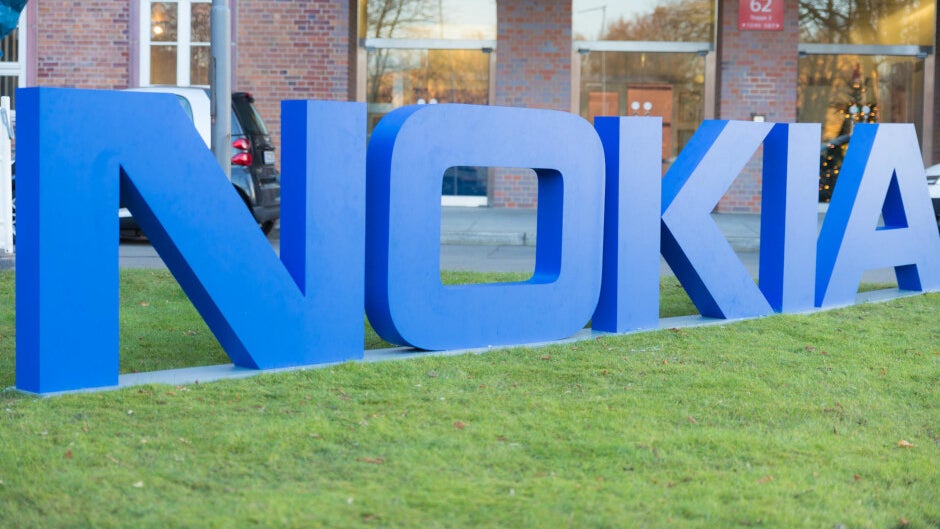
Last year when Nokia started planning its 5G networking equipment, it made a decision that came back to bite the company in the, uh, chipset. For Nokia's line of "ReefShark" chips, used for its 5G radio, baseband and massive MIMO antennas, it decided to go with field programmable gate array (FPGA) silicon. This type of chip can be programmed by the customer, thus giving Nokia an advantage in getting its 5G gear into the marketplace before the competition. But Nokia CEO Rajeev Suri had to admit that producing FPGA chips cost Nokia more money which reduced its profit margin for the component. As reported by FierceWireless, after reporting its Q3 numbers last week, Nokia lowered its full year guidance for 2019 and 2020.
Nokia wants to resume production of custom chipsets for its 5G products and to this end it has hired 350 new employees in Finland to help it develop custom chips. Such development can take two years to complete. Nokia’s global head of Mobile Networks Marketing, Sandro Tavares, said that the company has been working on these SoCs for some time and has started shipping products with the SoCs replacing the FPGAs.
Nokia has contracts to deliver 5G networking gear to all four major U.S. carriers
Tavaras notes that the reasons that Nokia chose the programmable chip is because it can "put together the efficiency characteristics of an SoC but with the flexibility of being able to program via firmware. But it has the flip side of cost and power consumption. FPGAs do cost more in unit price, and they do use more power." Additionally, Nokia at the time was working to integrate Alcatel Lucent and using FPGA, as previously noted, seemed like the best way to get to market quickly. Tavaras also points out that one supplier let them down. Nokia CEO Suri said that the company is not only designing its own custom SoCs, it also is working with a number of chipmakers including Intel. But the executive says that all of these actions won't lower Nokia's cost of building its 5G products until 2021.
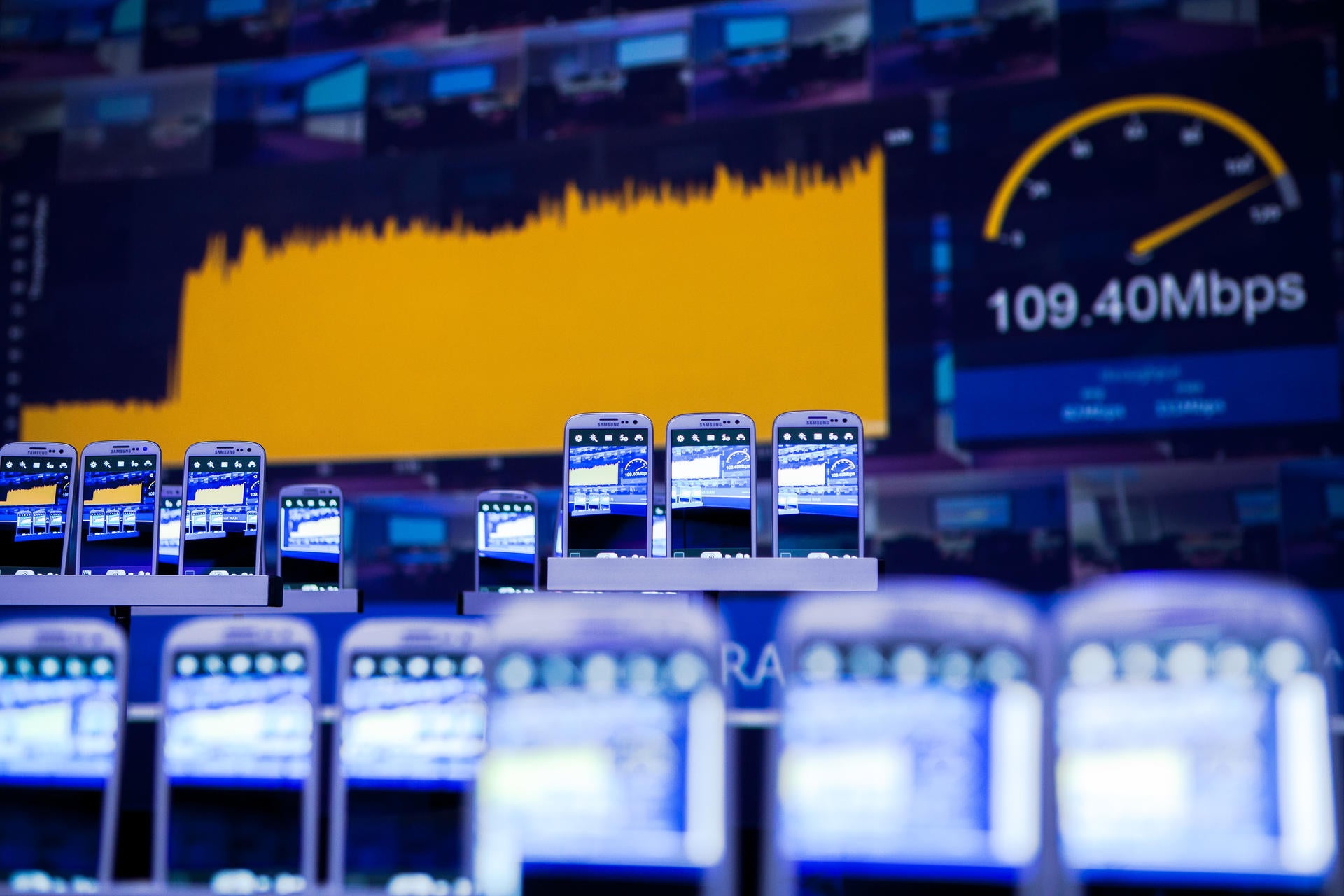
Nokia is providing 5G equipment to all four major U.S. carriers
One analyst says that Nokia's problems run deeper than just having to migrate from FPGA. Stefan Pongratz, senior director at Dell’Oro Group, says that 5G build out is happening faster than expected and that competition is fierce. Pongratz says that "Nokia also has to deal with consolidation of multiple platforms following the Alcatel Lucent merger."
Nokia has contracts with all four major U.S. carriers to deliver 5G networking equipment and the company was said to be responsible for Sprint's delay in rolling out 5G service to four cities back in August. But this has been typical of the reputation that Nokia has when it comes to 5G. The company has been accused of lacking steady leadership and during a four-year period it had three different people running the mobile networks division. That unit is now run by Tommi Uitto who earns nothing but praise from CEO Suri. "Tommi and his team have developed a comprehensive plan to ensure Nokia is competitive in 5G, and they are relentlessly executing against that plan," Suri says. "Tommi is a strong leader, and he has my full support." As for the 350 new employees being hired, Suri states, "We are repositioning our workforce to work on topics that are more critical for 5G development. We are hiring people in Finland and in other parts of the world and moving people from different programs to our 5G radio products."
Earlier this month, there was talk that the Trump administration had considered offering huge lines of credits to Nokia and its rival Ericsson. This would be done to help the two compete with the global leader in networking equipment, Huawei. The latter is considered a national security threat in the states and with funding from state run Chinese banks, Huawei can offer generous financing terms to customers. Trump officials hoped to counter this advantage by arranging financing for Nokia and Ericsson, but outside of the initial rumors, there has been no word on whether the U.S. is still considering this option.
Follow us on Google News






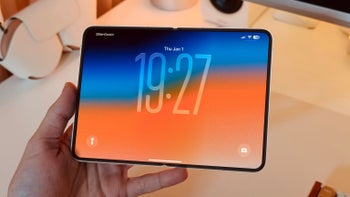
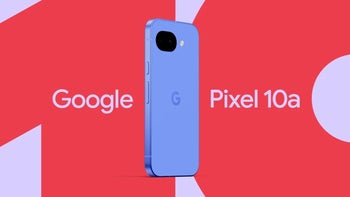
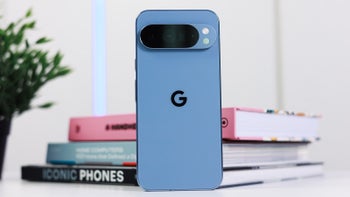
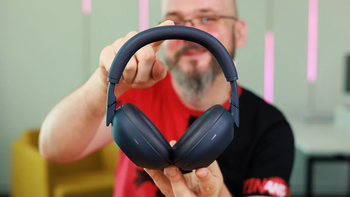
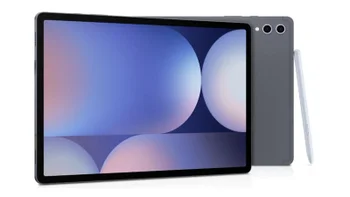
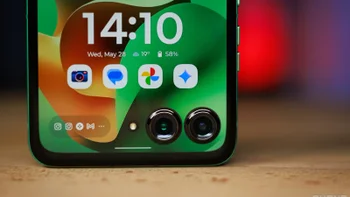
Things that are NOT allowed:
To help keep our community safe and free from spam, we apply temporary limits to newly created accounts: